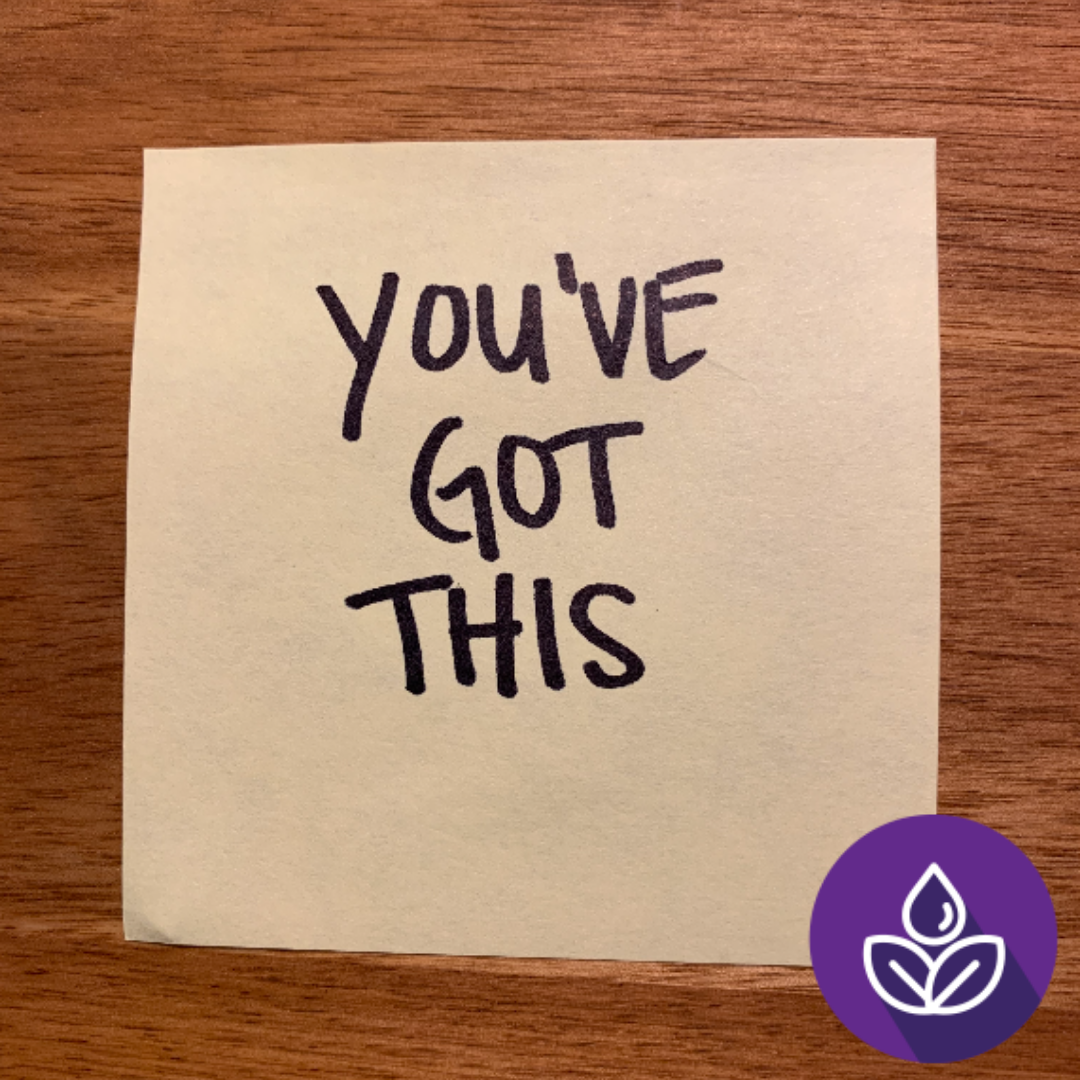Shifting from Negative Self-Talk to Positive
We all have an inner monologue but if your self-talk skews negative, it can take its toll on your self-esteem and performance heading into finals. By extending yourself the same encouragement you would a friend or classmate, you can redirect your inner voice towards positivity. It might seem silly, but using positive self-talk before and during exams can help reduce anxiety, build confidence and improve performance.
Here are some strategies on how to replace negative self-talk with positive:
Focus on the Solution. Dwelling on a problem instead of a solution is the essence of negative self-talk. “I don’t know how to do this problem. I’ll never pass the exam.” Instead: Most problems have solutions. Ask yourself, “How can I make this situation better?” or think “I will work through this problem until I can understand it.”
Expect the Best. “What if I don’t pass the exam?” “What if I don't get the job?” Expecting the worst creates anxiety and causes us to behave ineffectively. Instead: Ask questions that give positive outcomes. “How can I prepare for the exam?” or “How can I make a good impression?”
A Case of the Shoulds. Words like “should” or “must” suggest rules and standards for our behaviour that do not exist in reality. These words imply there is a consequence for non-compliance, which can evoke feelings of guilt. “I should go to the gym but I don't have enough time.” Instead: Replace with the word “could” and realize that you do have choices. “I could go to the gym after class or on my lunch break.”
Realistic Thinking. We distort reality by thinking only in extremes and this makes our efforts either total failures or complete successes, with nothing in between. “I’ll never pass this exam because I always draw a blank.” Instead: Be realistic. Replace those exaggerated words with ones that more accurately reflect reality and give yourself options. “I haven’t actually ever failed an exam. I’m going to relax and I’ll do fine.”
Catastrophizing. Every bad thing that happens is a horrible disaster. “I missed the beginning of today's class and it Is the most important.” Instead: Be realistic and stop scaring yourself. Bad things do happen, yet most are not necessarily tragedies or disasters, but rather inconveniences and mistakes. “I can always talk to my professor afterwards and get any information I missed.”
Take Responsibility. We sometimes resort to assigning guilt instead of solving a problem. “My roommate took my study spot and now I can’t concentrate.” Blaming others can make us feel vindicated in a wrong-doing and allow us to avoid responsibility. Instead: Focus on what you can do to find a solution to the problem and take responsibility. “There are plenty of other study spots in the house available.”




